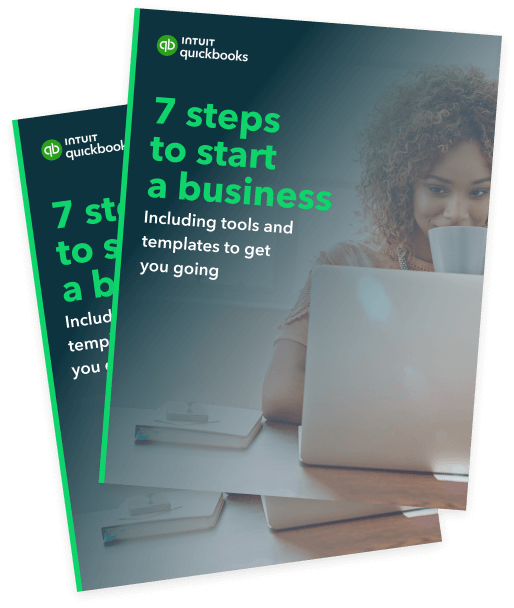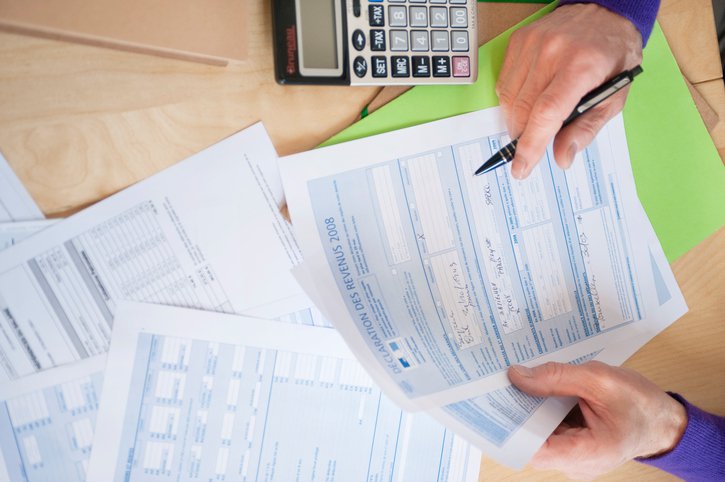How to lodge a business tax return
Do you need to lodge a tax return for your business income? If you’re unsure how to submit a tax return in Australia, the following information applies to sole traders and Australian Business Number (ABN) holders.
There are various types of business structures, so there’s no one-size-fits-all approach to lodging tax returns for businesses. What you need to report—particularly at the end of the financial year (EOFY)—and how you lodge your tax return in Australia will depend on your business entity type (such as sole trader, partnership, company, or trust).
Not-for-profits and companies
Some not-for-profit (NFP) clubs, societies, and associations are subject to income tax. Examples of taxable NFPs include social clubs, professional associations, and political parties.
For income tax purposes, taxable NFPs are classified as either nonprofit companies or other taxable companies:
- Nonprofit companies: If a nonprofit company earns taxable income over $416 per year, it must lodge a company tax return.
- Other taxable companies: These entities are taxed on every dollar of taxable income and must lodge an income tax return annually, regardless of their level of taxable income.
Taxable companies are required to pay tax at company tax rates, which may be 27.5% (small business company tax rate) or 30% (general company tax rate), depending on eligibility. If your company makes payments to you as an individual (like a salary or dividends), these must be reported in your personal income tax return. For specific advice, consult a tax professional.
Even if your organisation operates as a not-for-profit, you may still need to lodge a company tax return online.
Sole traders
This is the simplest business structure. It simply refers to an individual running a business. Sole traders own the business, control and manage the business by themselves, and are legally responsible for all aspects of it.
As a sole trader, you:
- Lodge your income tax return with the ATO using your individual tax file number (TFN).
- Pay tax at the same income tax rates as individuals, and you may be eligible for the small business tax offset if you meet the criteria.
- Have the option to pay income tax in quarterly pay-as-you-go (PAYG) instalments. Generally, you’ll need to pay instalments if your latest tax return reported $4,000 or more in business or investment income, although some exceptions apply.
- Report all income and expenses in your individual tax return under the section for business items.
- Claim tax deductions for eligible business expenses or personal superannuation contributions you make during the relevant financial year.
As a sole trader, you cannot employ yourself, but you can employ others. This means the amounts you withdraw from your business for personal use are not considered wages for tax purposes, and you cannot claim deductions for these withdrawals. However, wages paid to employees are deductible as business expenses, which could reduce your overall tax bill.
If you earn personal services income (PSI)—income primarily generated from your personal efforts, skills, or expertise—your income may be treated differently. For example, you cannot claim deductions for wages paid to support staff performing administrative tasks (like secretarial work), and you must complete the PSI question in your individual tax return.
Filing your tax return online is straightforward for sole traders. Simply gather your TFN, visit the ATO website, report your income and expenses, and claim all allowable deductions.
Partnership
A partnership is when more than one person owns and runs a business. Between you and your partner or partners, you control and manage the business and are legally responsible for all aspects of it. The partnership’s profits are shared among the partners in a legally agreed-upon manner.
A partnership doesn’t pay tax on its income, but it must lodge a partnership tax return with the ATO, declaring all income earned and listing all deductible expenses. The partnership tax return should also show how the net income or loss was distributed between the partners, and each partner must declare their individual share of the partnership’s net income or loss in their individual tax return.
Each partner owns a proportion of any asset that is liable for capital gains tax (CGT). Capital gain (after applying any CGT exemptions) is included in the individual partner's income tax return.
Partners can choose to pay their tax using the PAYG instalment system, too. This guide contains instructions for calculating the proportion of the partnership’s income that you need to include in your total instalment income.
Here are the key takeaways when filing your partnership’s online tax return:
- Fill out the partnership tax return by October 31.
- Declare your total annual income and expenses.
- Show how the net income or loss was distributed amongst partners.
- Include the proceeds from anything that’s eligible for CGT.
- Include all this on your individual income tax return.
Trusts
A trust is not a separate taxable entity, but the trustee is required to lodge a tax return on behalf of the trust. In general, trust beneficiaries declare the amount of the trust’s income they are entitled to on their own individual tax returns and pay tax on it.
However, a trust distribution doesn’t need to be declared if the family trust distribution tax has already been paid. Trust beneficiaries can pay their income tax in quarterly PAYG instalments in the same way as a sole trader, although you will first need to work out your portion of the trust’s instalment income.
Fortunately, the process of filling out the trust tax return online is fairly straightforward.




















